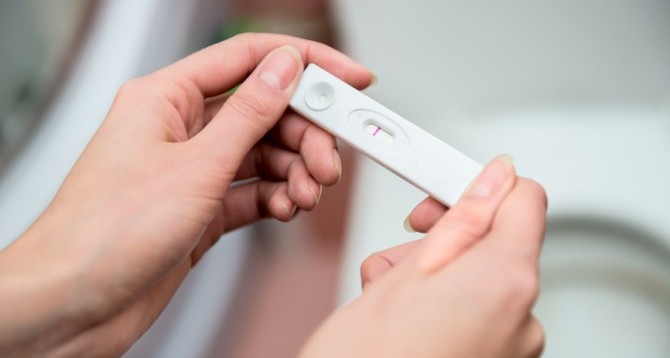Stress and Fertility

Rita Rubin of U.S.A. News Today recently reported that a scientific study may have officially linked stress and fertility (or lack thereof). As she rightly observes, nearly all of us know a couple who struggled with fertility, failed, and adopted only to immediately become pregnant. These “coincidences” contribute to the commonly held belief that it takes longer for stressed-out women to conceive.
A new study in the current issue of Fertility and Sterility lends credence to the link between stress and conception. The study involved 274 British women 18 to 40 years old in the Oxford Conception Study, which examined whether information from fertility monitoring devices would improve their chances of conception. They were allowed six menstrual cycles or until they got pregnant, whichever came first. On Day 6 of each cycle, they collected saliva samples.
Researchers measured the levels of alpha amylase and cortisol, two substances that serve as barometers of how the body reacts to physical and psychological stress. After accounting for couples’ age, intercourse frequency and alcohol intake – all factors that could influence pregnancy chances – the scientists found that women with the highest concentrations of alpha amylase in the first cycle were 12% less likely to conceive than women with the lowest levels. On average, couples have a 30% chance of conceiving each cycle.
To confirm these findings, Germaine Buck Louis of the Eunice Kennedy Shriver National Institute of Child Health and Human Development, plans to conduct a larger and longer study of women trying to conceive. Until that study is complete, however, “it can’t hurt for women hoping to conceive to try to relax, using whatever approach works for them.”
On a personal note, Dr. John Gordon of Dominion Fertility in Arlington, Virginia is an excellent resource for those looking for additional information about fertility. Feel free to visit his website at: http://www.dominionfertility.com/. We have referred several close friends to his office and each has received an exceptionally warm response.


